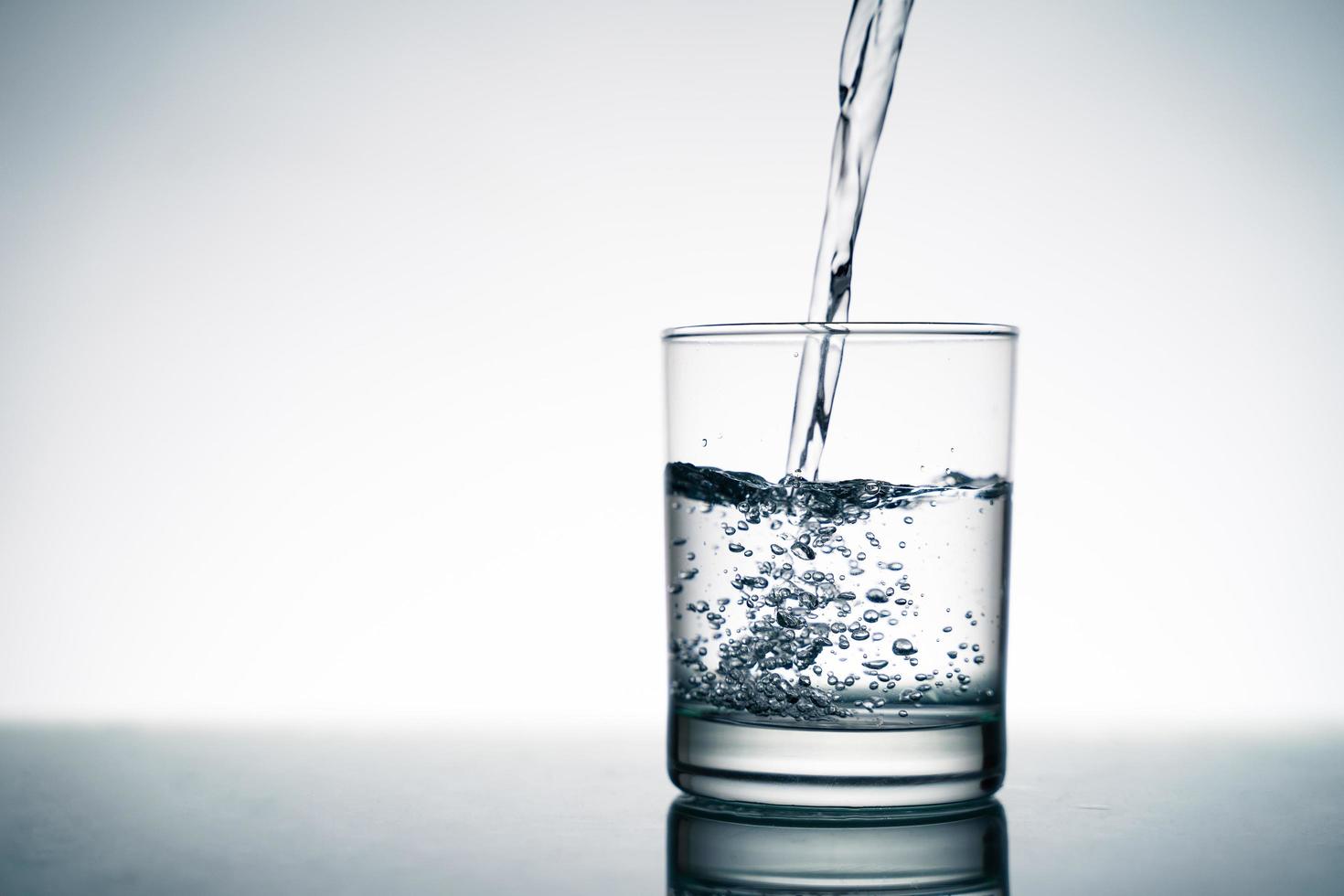Tackling 1,2,3-Trichloropropane (TCP) in California Well Water

Understanding TCP
1,2,3-Trichloropropane (TCP) is a synthetic chemical byproduct that originated from the historical use of industrial solvents and soil fumigants. Although no longer intentionally produced, its legacy remains in groundwater across California. TCP is both persistent and highly mobile in the environment, and it poses serious health concerns. Classified as a carcinogen under California’s Proposition 65, the state has established one of the nation’s most stringent Maximum Contaminant Levels (MCL) for TCP—just 5 parts per trillion (ppt)—to protect public health.
Why TCP Matters
TCP contamination has been detected in wells throughout California, particularly in agricultural regions where fumigants were historically applied. Even trace amounts are concerning. Long-term exposure to TCP through drinking water has been linked to an increased risk of cancer. As a result, all regulated water systems in California are required to comply with the 5 ppt MCL, ensuring that treated water meets the state’s safety standards.
Proven Treatment: Granular Activated Carbon (GAC)
Among available technologies, Granular Activated Carbon (GAC) has proven to be the most effective and reliable method for removing TCP from drinking water. GAC adsorption can consistently reduce contaminant levels below the regulatory limit. Treatment systems may be designed as either wellhead units or centralized facilities, depending on site conditions and operational needs. To maintain compliance, systems must undergo careful pilot testing, continuous monitoring, and timely carbon replacement or reactivation.
Design and Operational Best Practices
Successful TCP treatment begins with thorough pilot testing to determine the appropriate type of carbon and optimal system size. Sampling must be conducted at ultra-low detection limits—below 5 ppt—to verify performance. Routine management of carbon changeouts and reactivation is essential, and incorporating redundant vessels ensures uninterrupted operation during maintenance or replacement. These design and operational priorities are key to achieving consistent regulatory compliance and protecting public health.
Partnering for Compliance: Meras Water Solutions
Meras Water Solutions offers comprehensive support for utilities and water systems working to meet TCP regulations. Services include:
- Low-level TCP testing and continuous monitoring
- On-site evaluations and pilot studies
- Turnkey GAC system design and installation
- Ongoing maintenance, carbon management, and reporting
- Assistance with regulatory compliance and documentation
Next Steps for Water Providers
- Schedule TCP testing to assess contamination levels in your well sources.
- If detections exceed 5 ppt, conduct a pilot study to determine GAC system performance.
Partner with Meras Water Solutions to design, install, and operate a fully compliant treatment system that ensures safe, clean drinking water for your community.
